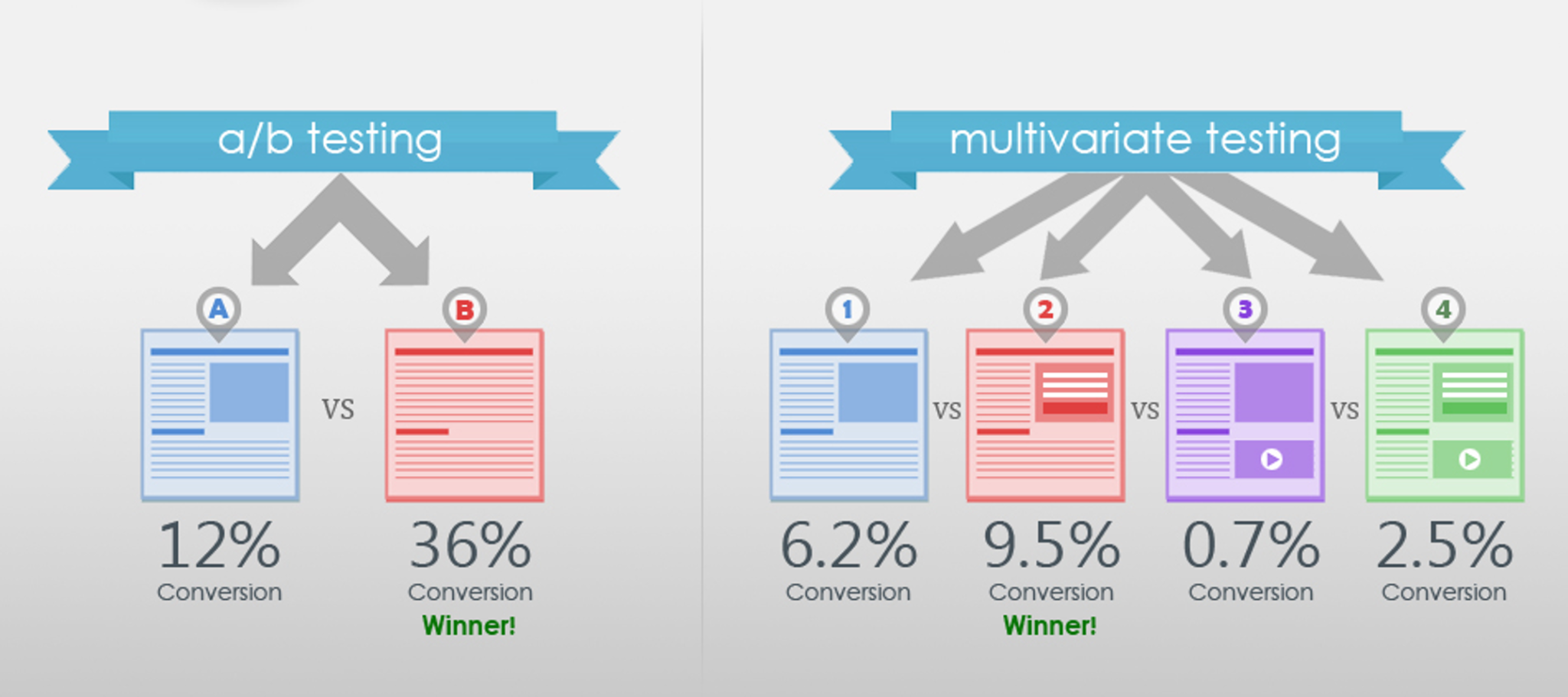A/B Testing – “The Art and Science of A/B Testing in Digital Marketing” is a powerful technique that has revolutionized the way businesses approach their digital strategies. By comparing two versions of an online asset, marketers can glean invaluable insights into user behavior, preferences, and engagement levels, ultimately optimizing their campaigns for better results. This method not only enhances decision-making but also drives significant ROI in an increasingly competitive landscape.
The process involves several critical components, from formulating hypotheses to analyzing data to make informed choices. With the right approach, A/B testing can illuminate the path towards understanding what resonates with your audience, ensuring that every marketing dollar is spent wisely.
In the fast-paced world we live in, the need for effective communication has never been more critical. Whether you’re working in a corporate environment, collaborating with a team on a project, or simply trying to convey your thoughts clearly, mastering the art of communication is essential. This article delves into the various aspects of effective communication, including its importance, key components, and tips for enhancing your communication skills.### The Importance of Effective CommunicationEffective communication is the cornerstone of any successful relationship, be it personal or professional.
It facilitates understanding, fosters collaboration, and can significantly enhance productivity. When people communicate effectively, they are more likely to achieve their goals, resolve conflicts amicably, and build stronger relationships.In a professional setting, effective communication can lead to improved teamwork and collaboration. When team members can clearly convey their ideas and feedback, projects tend to run more smoothly. Moreover, good communication can enhance employee morale, as individuals feel valued when their voices are heard.### Key Components of Effective Communication
1. Clarity and Conciseness
The first step to effective communication is ensuring that your message is clear and concise. Avoid using jargon or overly complex sentences. Instead, aim for simplicity and clarity in your language. This helps the audience grasp your message without confusion.
2. Active Listening
Communication is a two-way street; it involves not only speaking but also listening. Active listening encourages empathy and understanding. It means paying full attention to the speaker, acknowledging their message, and responding thoughtfully. This practice can significantly enhance interpersonal relationships.
3. Non-Verbal Communication
Your body language, facial expressions, and tone of voice play a crucial role in communication. Often, what you don’t say matters just as much as what you do say. Being aware of your non-verbal cues can help you convey your message more effectively and avoid misunderstandings.
4. Empathy
Understanding the feelings and perspectives of others is essential for effective communication. Empathy allows you to connect with others on a deeper level, making them feel valued and understood. This can lead to more productive interactions and stronger relationships.
5. Feedback
Providing and receiving feedback is vital for effective communication. Constructive feedback helps individuals understand how they can improve, while also reinforcing positive behaviors. It’s important to approach feedback with a positive attitude, focusing on growth rather than criticism.### Tips for Enhancing Communication Skills

Practice Active Listening
Make a conscious effort to listen more than you speak. This will help you become more attuned to the perspectives of others and foster a more collaborative environment.
Be Aware of Your Non-Verbal Cues
Pay attention to your body language and tone. Make sure they align with your verbal message to avoid sending mixed signals.
Seek Clarification
If you’re unsure about something, don’t hesitate to ask for clarification. This not only shows that you are engaged but also helps prevent miscommunication.
Tailor Your Message
Different audiences require different approaches. Consider who you’re communicating with and adjust your message accordingly. This can mean simplifying complex information for a general audience or utilizing technical language for specialists.
Practice Empathy
Before responding to someone, take a moment to consider their feelings and perspective. This can help you craft a more thoughtful response and foster a positive interaction.
Engage in Public Speaking
If you want to enhance your verbal communication skills, consider joining a public speaking group or taking a class. This can boost your confidence and help you articulate your thoughts more effectively.
Reflect on Your Communication
After conversations or presentations, take some time to reflect on what went well and what could be improved. This self-assessment can help you identify areas for growth.### Navigating Difficult ConversationsEven with strong communication skills, difficult conversations are sometimes inevitable. Whether it’s delivering bad news, addressing performance issues, or navigating sensitive topics, it’s essential to approach these conversations with care.
Prepare in Advance
Before entering a difficult conversation, take some time to plan your approach. Artikel the key points you want to address and consider potential responses from the other party.
Stay Calm
Emotions can run high during difficult conversations. Practice remaining calm and composed, as this can help diffuse tension and create a more constructive dialogue.
Focus on Solutions
Instead of dwelling on problems, steer the conversation towards finding solutions. This can help both parties feel more empowered and engaged in the discussion.### The Role of Technology in CommunicationIn today’s digital age, technology plays a significant role in how we communicate. From emails and instant messaging to video conferencing and social media, various tools allow us to connect with others across distances.
However, it’s essential to remain mindful of the challenges that technology can pose.While digital communication can enhance accessibility, it can also lead to misunderstandings. Tone and intent can often be misinterpreted in written messages. Therefore, it’s crucial to choose your words carefully and consider how your message may be perceived.### ConclusionMastering effective communication is an ongoing journey that requires practice and self-awareness.
By focusing on clarity, active listening, empathy, and feedback, individuals can significantly enhance their communication skills. Whether in personal relationships or professional environments, the ability to communicate effectively can lead to more meaningful connections and successful outcomes.As we navigate the complexities of modern communication, let’s strive to be not only better speakers but also better listeners. After all, good communication is not just about talking; it’s about understanding one another and creating a more connected world.


